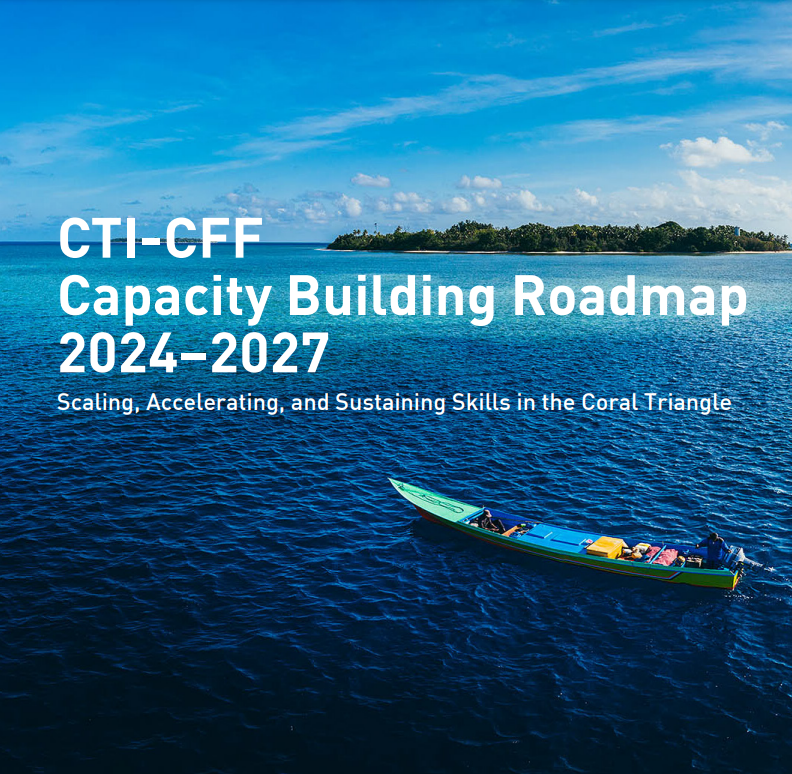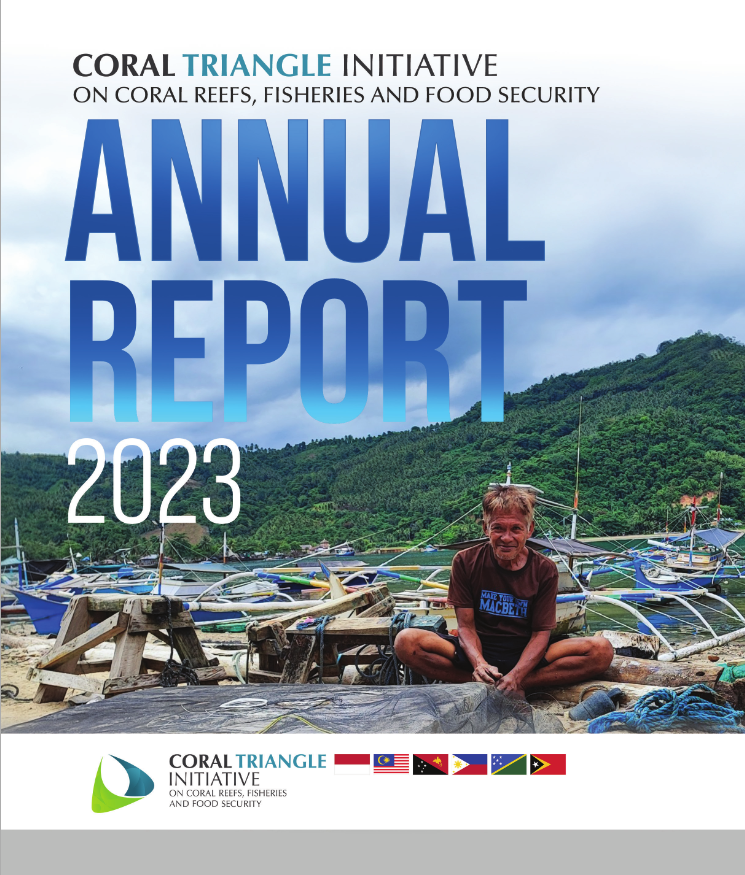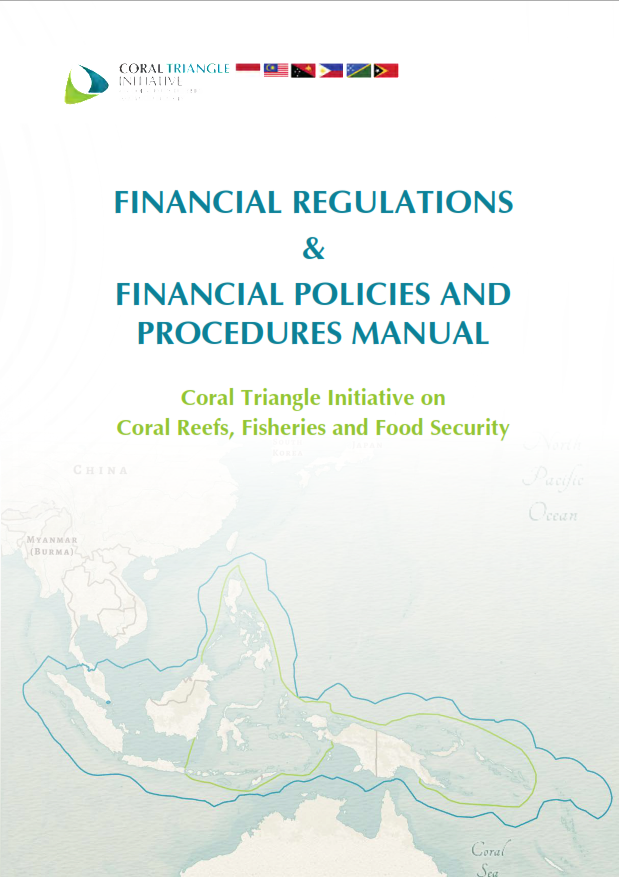Coral Triangle Day Celebration to Zoom into Plastic-Free Lifestyle to Reduce Marine Pollution
Pre-Event Media Release
Coral Triangle Day Celebration to Zoom into Plastic-Free Lifestyle to Reduce Marine Pollution
9 May 2017, Manado, Indonesia – A strong call to action against plastic pollution of the oceans is the highlight of this year’s Coral Triangle Day Celebration on June 9. Aimed at ocean lovers of all backgrounds, the Coral Triangle (CT) Day Celebration is coordinated by the Coral Triangle Initiative on Coral Reefs, Fisheries and Food Security (CTI-CFF) and in partnership with the CT6 National Coordinating Committees (NCCs), Development Partners, and Collaborators. Themed ‘Curbing Marine Debris – Reduce Your Plastic Waste!’ this year’s Coral Triangle Day Celebration not only continues to bring awareness to the cultural and natural heritage of the richest marine environment on the planet, but aims to share the key message of protecting this life-sustaining area across all six of the CT (CT6) member countries (Indonesia, Malaysia, the Philippines, Papua New Guinea, Solomon Islands, and Timor-Leste).
Home to 76% of all known coral species, more than 3,000 species of fish and 6 out of 7 of the world’s turtle species, the thriving ecosystem of the Coral Triangle is facing an ocean plastic pollution emergency. According to a study published in the journal Science in 2015, three of CT6 countries are in the top ten biggest marine polluters in the world (Jambeck et. al). Ocean plastic pollution produced by Indonesia (No.2 with 187.2 million tons); the Philippines (No.3 with 83.4 million tons); and Malaysia (No.8 with 22.9 million tons) generates a multitude of environmental, economic and health complications. This plastic crisis will subsequently impact over 130 million people who live in the Coral Triangle and depend on its rich resources for food, income and protection from storms.
Plastic in our oceans mostly originate from land and approximately 8 million tons of plastic waste ends up in the world's oceans every year. To zoom into the scale of this ever-growing problem and other ocean conservation issues, the CT Day Celebration brings together individuals, organisations and establishments on one special day of the year through open events that take place across the Coral Triangle. 2017 marks the 6th year of these ocean festivities that include beach clean-ups, educational talks, film screenings and more.
To further drive home the message that simple actions make a big difference, an Instagram contest using the hashtags #sayno2plastic and #coraltriangle will be launched on May 18th. The contest will encourage the public to reduce their plastic footprint through posting a creative photo of them making changes to their current throwaway culture –from giving up single-use plastic and using reusable containers to avoiding products with microbeads.
Likewise, the public’s commitment to turn the tide against global plastic waste will be matched by Head of States of the CT6 countries at the CTI-CFF’s Senior Officials Meeting in November. The meeting will reemphasise the CT6’s pledge to reduce marine plastic litter in an urgent push to improve current waste management and collection systems in the region.
More information on the Coral Triangle Day 2017 Celebration can be found on the following online platforms: twitter (@cticff), Facebook (cticff), Instagram (@cticff), CTI-CFF official website: www.coraltriangleinitiative.org and the dedicated website and Instagram page for the Coral Triangle Day: http://coraltriangleday.org/, @coraltriangle.
-end-
About CTI – CFF
The Coral Triangle Initiative on Coral Reefs, Fisheries, and Food Security (CTI-CFF) is a multilateral partnership of six member states working together to sustain extraordinary marine and coastal resources by addressing crucial issues such as food security, climate change and marine biodiversity.
At the Leader’s Summit in 2009, these governments agreed to adopt a 10-year CTI-CFF Regional Plan of Action (CTI RPOA) to safeguard the region’s marine and coastal biological resources. The RPOA has five goals: strengthening the management of seascapes, promoting an ecosystem approach to fisheries management, establishing and improving effective management of marine protected areas, improving coastal community resilience to climate change, and protecting threatened species.
CTI-CFF implements its works with the support of the following Development Partners: US Agency for International Development (USAID), Australian Government (Department of the Environment and Energy), Asian Development Bank (ADB), Global Environment Facility (GEF), Conservation International, The Nature Conservancy, World Wide Fund for Nature (WWF), and Coral Triangle Center (CTC). Including with the collaborators: SPREP, SEAFDEC, and GIZ.
-o0o-
Media Contact:
Andie Wibianto
Communication and Information Manager
Regional Secretariat CTI-CFF
www.coraltriangleinitiative.orr
E: andiewibi@cticff.org
M: +62 856 765 3939



